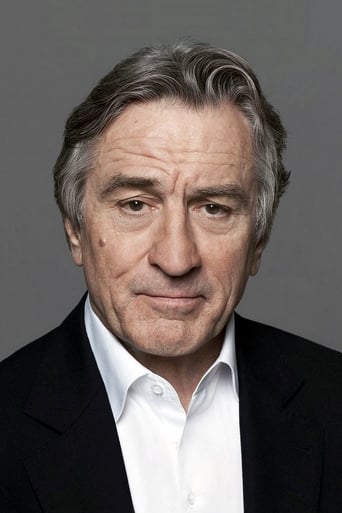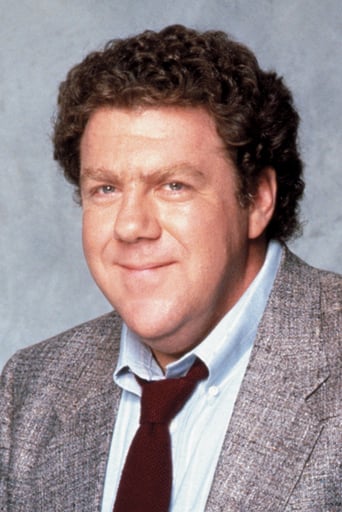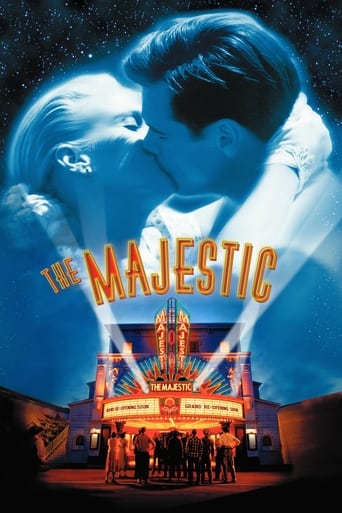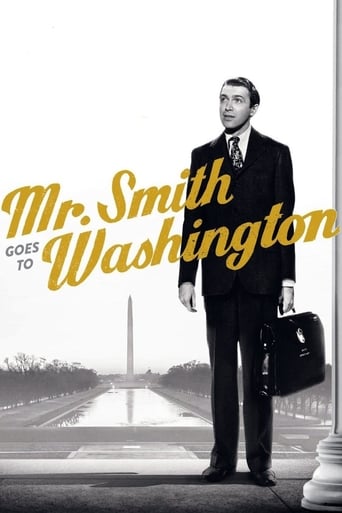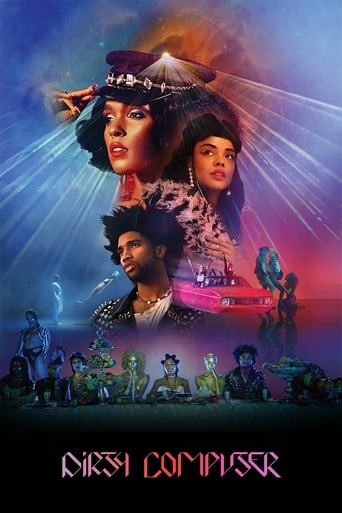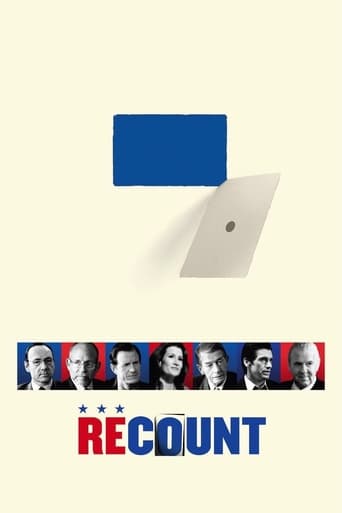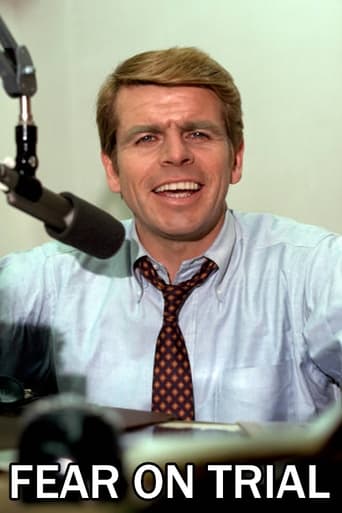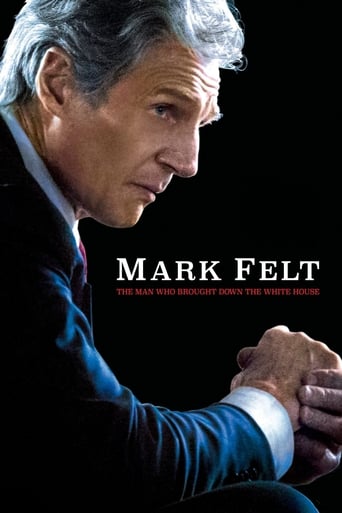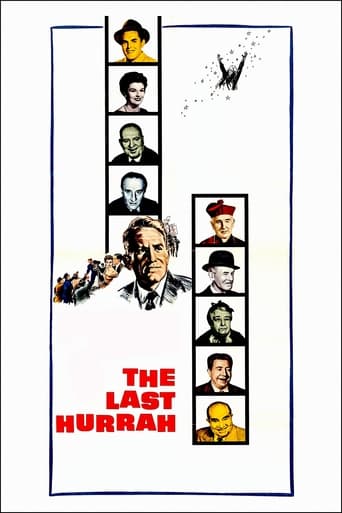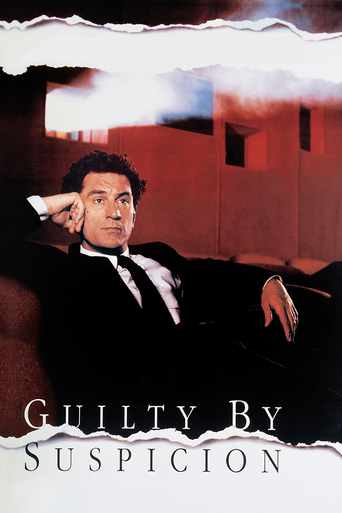
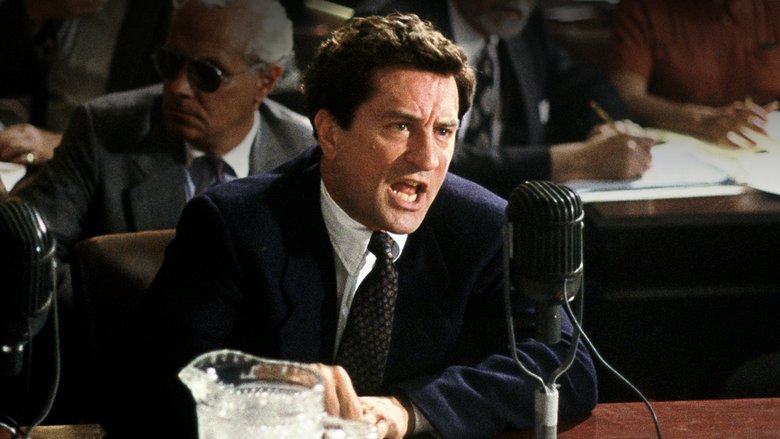
Guilty by Suspicion (1991)
This compelling story vividly recreates Hollywood's infamous 'Blacklist Era'. The witch-hunt has begun and director David Merrill can revive his stalled career by testifying against friends who are suspected communists. Merrill's ex wife shares a whirlpool of scandals that draws them closer together while his chances for ever making movies again slips further away...
Watch Trailer
Cast
Similar titles
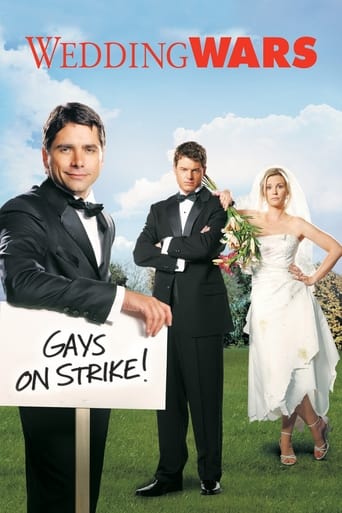
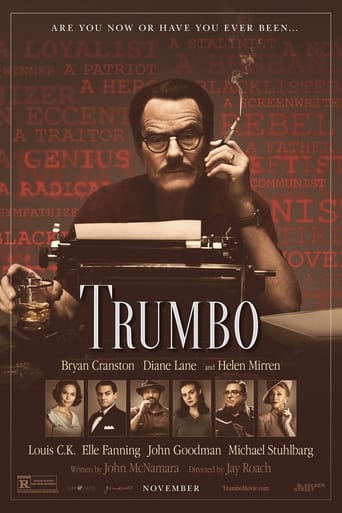
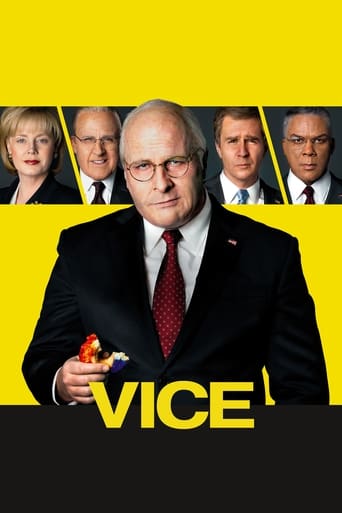
Reviews
Wonderful Movie
One of my all time favorites.
Tells a fascinating and unsettling true story, and does so well, without pretending to have all the answers.
The film may be flawed, but its message is not.
A little background to the film's time period may be helpful. It's 1951. Communist Chinese forces have pushed US-led UN forces back to the Korean border between North and South. Meanwhile Soviet troops occupy much of Europe following WWII, while Soviet scientists explode the first A-bomb outside the US. Thus, anxiety grips much of America as fears of losing the Cold War heats up. So, what are our congressional politicians doing to reverse the tide. That's a question many of the time were understandably asking. In short, the country's temperature is rising.For one thing, our guardians are zeroing in on high profile Hollywood where many Reds and their sympathizers are known to reside. After all, didn't much of the film industry support aid to America's WWII ally the Soviets. Plus, much union organizing of actors and crews before the War were led by known communists. Thus, studio moneymen had no liking for anti-capitalists wherever they resided. In short, such a background made the oncoming wave of industry blacklisting much easier. This is not a movie for everyone since the story zeros in on that single time period and the effects of the blacklist on one man, movie director Merrill (DeNiro). Nonetheless, for those with a liking for human interest and/or that crucial time period, the movie's a rare 105-minute eye-opener.Merrill's a highly successful director whose life is torn apart because he refuses to clear himself before HUAC, the congressional committee investigating communist influence in the film industry. Seems Merrill attended some party meetings during the war but never joined. Now he's being called forth to name names of those who also attended. As a result, they too can then be investigated and possibly lose their livelihoods, friends, and family. A principled man, Merrill refuses to cooperate, which means being blacklisted by the studios and a loss of assets including his ex-wife's (Bening) and son's house and home. In short, acting on conscience is costing him dearly, but can he continue to refuse as his life collapses around him. That's the crux of the plot. And it's not just a conflict between principle and success since his wife and child are also suffering because of his persistent refusal.Within limits, the movie's very well done. DeNiro refuses to go over-the-top in a role that could have easily done so. Still, for all the movie's assets-- especially a willingness to draw in a broad range of show-biz functionaries-- one crucial compromise occurs that colors the rest. In short, Merrill is made a liberal rather than a communist or even an ex-communist. Thus, deeper, more intractable, conflicts of a political and ethical nature are avoided. After all, if he were even just an ex-red, then questions could arise about his patriotic support for the war in Korea or how he might politically color the films he works on. Then too, the film avoids the highly charged Cold War atmosphere of the time, such that the basic conflict appears to involve only show-biz and overly ambitious politicos. Thus, a crucial concession is made that helps turn the upshot into a 1950's-type happy ending. That may please some audiences but still amounts to a key drawback in the movie's overall slice of historical reality. Nonetheless, director-writer Winkler's film reveals a great deal about how the highly charged period affected lives among even the most significant of Hollywood movie-makers. More importantly, it's one that should cause viewers to dig deeper into the over-arching issues raised there.
This is an important film that never should be allowed to fall out of conscience. It is the sordid and bitter tragedy of the political persecution against writers, directors and actors of Hollywood around 1950 with devastating effects on American cinema - it never became the same again, after reaching its highest levels of artistry and quality in the 1940s. The protagonist David Merrill here is fictitious, but his fate was shared by a vast number of his colleagues, like Jules Dassin, William Dieterle, Abraham Polonsky, Charles Chaplin, Joseph Losey and many others, some never being able to come back, others making masterpieces in other countries, like France and England. The story here builds up towards the final interrogation by the committee in the end, which reaches nothing but a tumultuous quarrel of outrage and unacceptable bullying by those responsible, who are called heroes of America, one of them being Nixon, all of them being politicians. The whole spectrum of victims are exposed, like Larry Nolan, played by Chris Cooper who is forced to act against his conscience with the ruin of his family as a consequence, his wife Dorothy, a film star, being admirably played by Patricia Wettig, the perhaps most important role in the drama, illustrating the full inhumanity, Sam Wanamaker plays the lawyer who tries to find a way out without succeeding, Ben Piazza as Darryl F. Zanuck skillfully circumnavigating the dirty business of politics but without being able to evade shipwrecks, and Martin Scorsese as the director who voluntarily chooses exile to continue filming in England, possibly a portrait of Jules Dassin. The drama is deeply upsetting, this is no comedy but the most unnecessary of all tragedies in Hollywood and the one that definitely wrecked the good name of the whole film business, which up to 1950 had been flamboyantly glorious. How sad. And how important for films like this one to be made, to tell the truth after all.
I am almost 70 and in my home the McCarty era Communist Witch Hunt was followed closely and lamented. Guilty By Suspicion is about this period of time in America when only a whisper or vague hint of suspicion and you were tainted.It is a well acted and well put together movie. You get a clear idea of what it was like to be compelled to testify before the congressional committee who's goal was to force people to give the names of people who may or may not have been members of the communist party.Hollywood was torn asunder during this period with unthinkable repercussions in every area of artistic creation.Robert Di Nero is outstanding in his portrayal of a director who is faced with his moral convictions and what he should do. Annette Bening plays his ex-wife and the mother of his son. Included among other members of the cast are Chris Cooper, George Wendt, Patricia Wettig and Martin Scorsese.
It's almost impossible to write any kind of objective film about the blacklist, the wounds of it run deep in show business. Guilty By Suspicion has no pretense to objectivity, neither does that John Wayne epic Big Jim McLain which was favorable to the House Un American Activities Committee.Those who gave testimony at HUAC did so for a variety of motives. Some like Adolphe Menjou wanted the blacklist for everyone to the left of Herbert Hoover. Some like Robert Taylor felt they were doing a patriotic service. Some under the threat of not being able to work as artists in their chosen profession named names before HUAC. A very select few said stick it in your ear.If there any guilty parties it's not the artists whatever their political persuasion. It was the studio bosses and one of them, Darryl F. Zanuck is played here by Ben Piazza, who gave in without exception to HUAC and cooperated in the blacklist, who pitted the people of various political persuasions against each other. Sad to say that's not really demonstrated here in Guilty By Suspicion.The members of HUAC were 95% on the political right of both parties. The Democrats were mostly southerners and the Republicans were on the right in their party. The liberals of either party had more constructive ways to spend their time in Congess.Guilty By Suspicion tells the story of Robert DeNiro as a fictional film director who gets blacklisted because of secret hearing testimony given by Chris Cooper. His struggle to find work turns positively Kafkaesque until he agrees to go before the committee.DeNiro strikes all the right notes in his performance and is aided and abetted by the performance of Annette Bening as his estranged wife. Acting honors however go to Patricia Wettig who plays a distraught blacklisted actress with a drinking problem to start with.Guilty By Suspicion is not the ultimate telling of the blacklist's story, but it's still pretty good and does get a feel for the times the story is set in.
